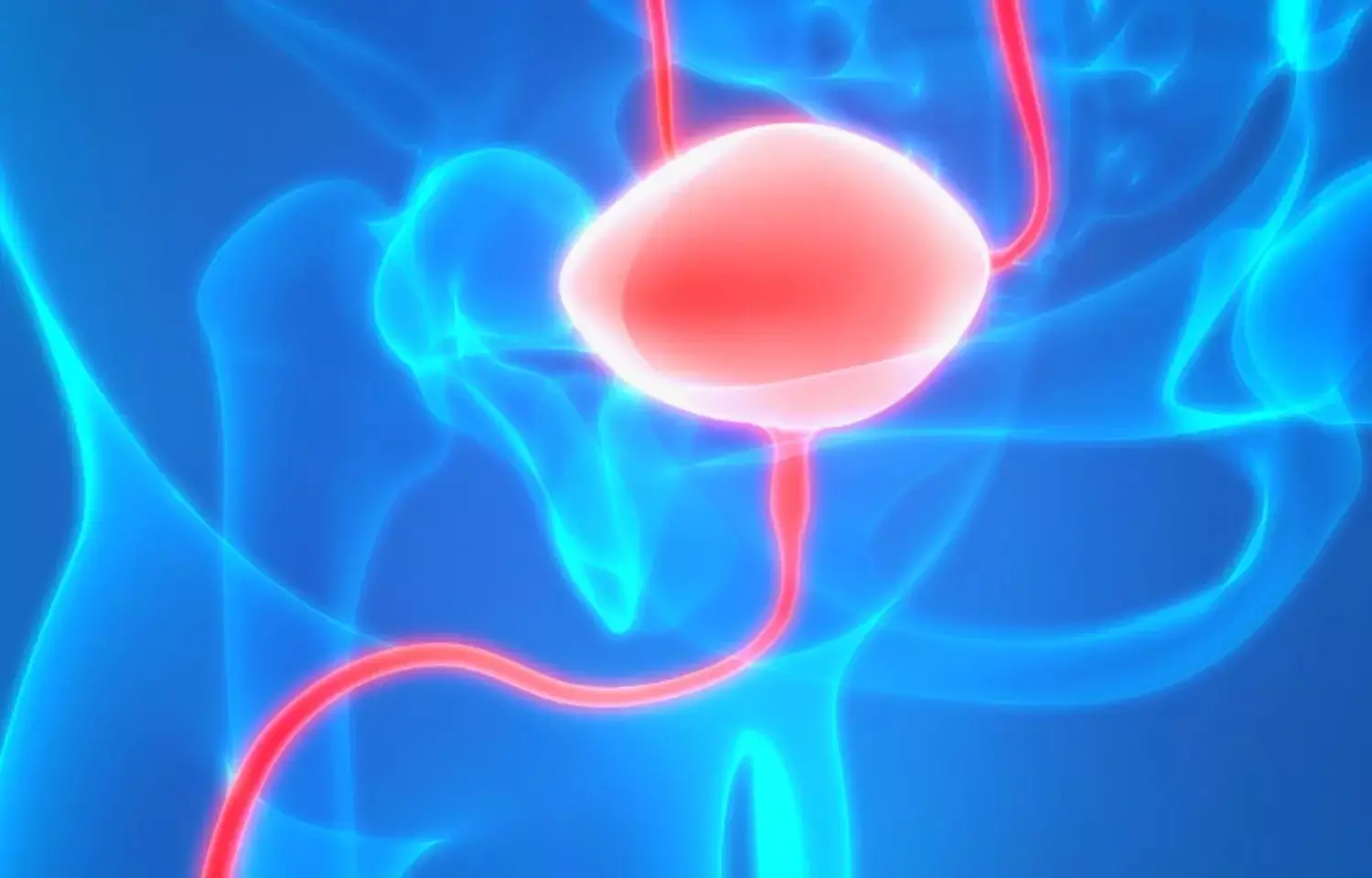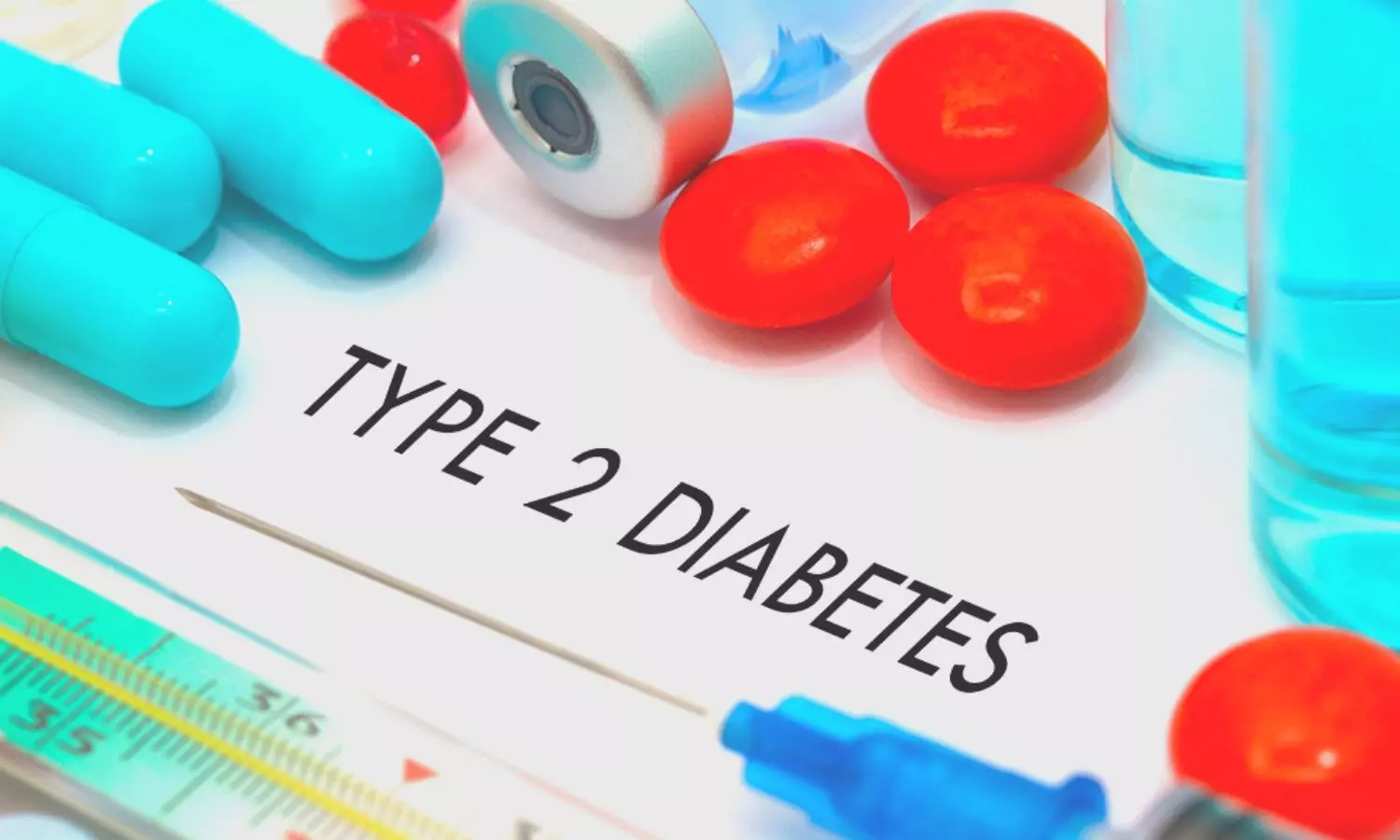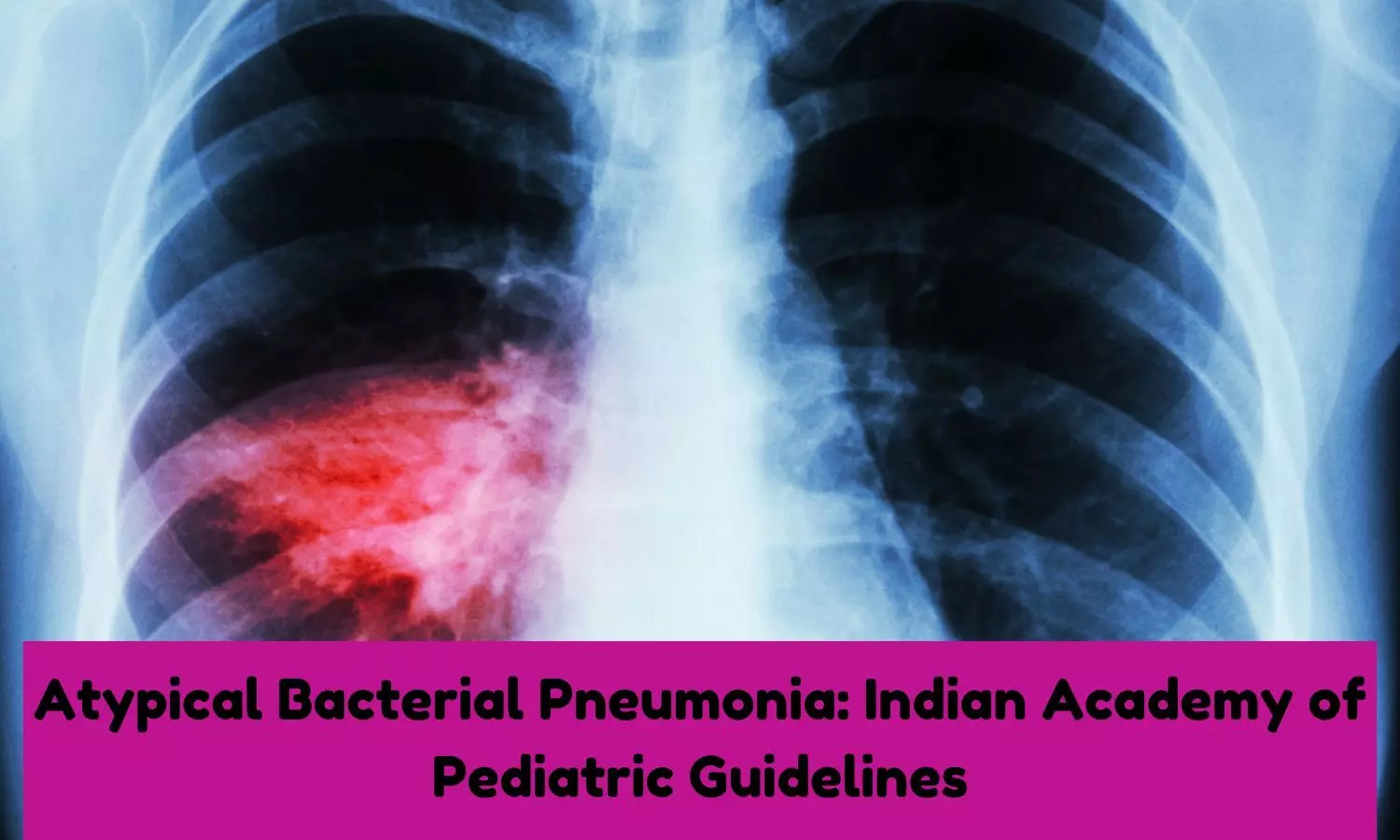- Home
- Medical news & Guidelines
- Anesthesiology
- Cardiology and CTVS
- Critical Care
- Dentistry
- Dermatology
- Diabetes and Endocrinology
- ENT
- Gastroenterology
- Medicine
- Nephrology
- Neurology
- Obstretics-Gynaecology
- Oncology
- Ophthalmology
- Orthopaedics
- Pediatrics-Neonatology
- Psychiatry
- Pulmonology
- Radiology
- Surgery
- Urology
- Laboratory Medicine
- Diet
- Nursing
- Paramedical
- Physiotherapy
- Health news
- Fact Check
- Bone Health Fact Check
- Brain Health Fact Check
- Cancer Related Fact Check
- Child Care Fact Check
- Dental and oral health fact check
- Diabetes and metabolic health fact check
- Diet and Nutrition Fact Check
- Eye and ENT Care Fact Check
- Fitness fact check
- Gut health fact check
- Heart health fact check
- Kidney health fact check
- Medical education fact check
- Men's health fact check
- Respiratory fact check
- Skin and hair care fact check
- Vaccine and Immunization fact check
- Women's health fact check
- AYUSH
- State News
- Andaman and Nicobar Islands
- Andhra Pradesh
- Arunachal Pradesh
- Assam
- Bihar
- Chandigarh
- Chattisgarh
- Dadra and Nagar Haveli
- Daman and Diu
- Delhi
- Goa
- Gujarat
- Haryana
- Himachal Pradesh
- Jammu & Kashmir
- Jharkhand
- Karnataka
- Kerala
- Ladakh
- Lakshadweep
- Madhya Pradesh
- Maharashtra
- Manipur
- Meghalaya
- Mizoram
- Nagaland
- Odisha
- Puducherry
- Punjab
- Rajasthan
- Sikkim
- Tamil Nadu
- Telangana
- Tripura
- Uttar Pradesh
- Uttrakhand
- West Bengal
- Medical Education
- Industry
Triamcinolone injections a boon in Hunner's lesions in bladder pain syndrome

The use of Triamcinolone injections into Hunner's lesions resulted in a significant reduction in the number of pain treatments for bladder pain syndrome (BPS). This also resulted in decreased opioid use. The study was published in the Journal of Clinical Urology.
Bladder pain syndrome is a common cause of chronic pelvic pain with associated lower urinary symptoms. It was earlier called interstitial cystitis. Patients with BPS have Hunner's lesions. Even though past research has shown the use of triamcinolone injections for BPS, there was not much literature on the repeated use of triamcinolone injections for BPS. Hence researchers conducted a study to determine if periodic triamcinolone injections into Hunner's lesion in patients with bladder pain syndrome (BPS) reduce the need for opioids and other pain treatments. The study was carried out between 2010 and 2018.
A retrospective analysis of 28 patients was done by giving endoscopic injections of 0.5–1.0 cc of triamcinolone acetate into Hunner's lesions. Wilcoxon signed-rank test was used to compare pain regimens before and after injections.
Findings:
- The median age at the first triamcinolone injection was 63.
- At a mean of 8-month intervals, the median number of injections/patients was 3.
- 25% of the patients were using opioids and the median number of pain treatments before triamcinolone was 4.
- 92.9% had improvement in pain symptoms, with one or more injections.
- There was a significant decrease in several pain treatments following triamcinolone injections.
- Fifty-seven percent were managed with triamcinolone injections alone, with no other pain treatments.
- Of the seven patients using opioids, four discontinued opioids altogether.
Thus, the researchers concluded that repeat use of triamcinolone injections into Hunner's lesions was associated with a significant reduction in the number of pain treatments used for BPS. They also found an associated decrease in opioid use.
Further reading: 10.1177/20514158221122521
Neu S, Locke JA, Rebullar K, Carr L, Herschorn S. Recurrent triamcinolone injections for the treatment of Hunner's lesions in the bladder pain syndrome. Journal of Clinical Urology. 2022;0(0).
BDS, MDS
Dr.Niharika Harsha B (BDS,MDS) completed her BDS from Govt Dental College, Hyderabad and MDS from Dr.NTR University of health sciences(Now Kaloji Rao University). She has 4 years of private dental practice and worked for 2 years as Consultant Oral Radiologist at a Dental Imaging Centre in Hyderabad. She worked as Research Assistant and scientific writer in the development of Oral Anti cancer screening device with her seniors. She has a deep intriguing wish in writing highly engaging, captivating and informative medical content for a wider audience. She can be contacted at editorial@medicaldialogues.in.
Dr Kamal Kant Kohli-MBBS, DTCD- a chest specialist with more than 30 years of practice and a flair for writing clinical articles, Dr Kamal Kant Kohli joined Medical Dialogues as a Chief Editor of Medical News. Besides writing articles, as an editor, he proofreads and verifies all the medical content published on Medical Dialogues including those coming from journals, studies,medical conferences,guidelines etc. Email: drkohli@medicaldialogues.in. Contact no. 011-43720751




